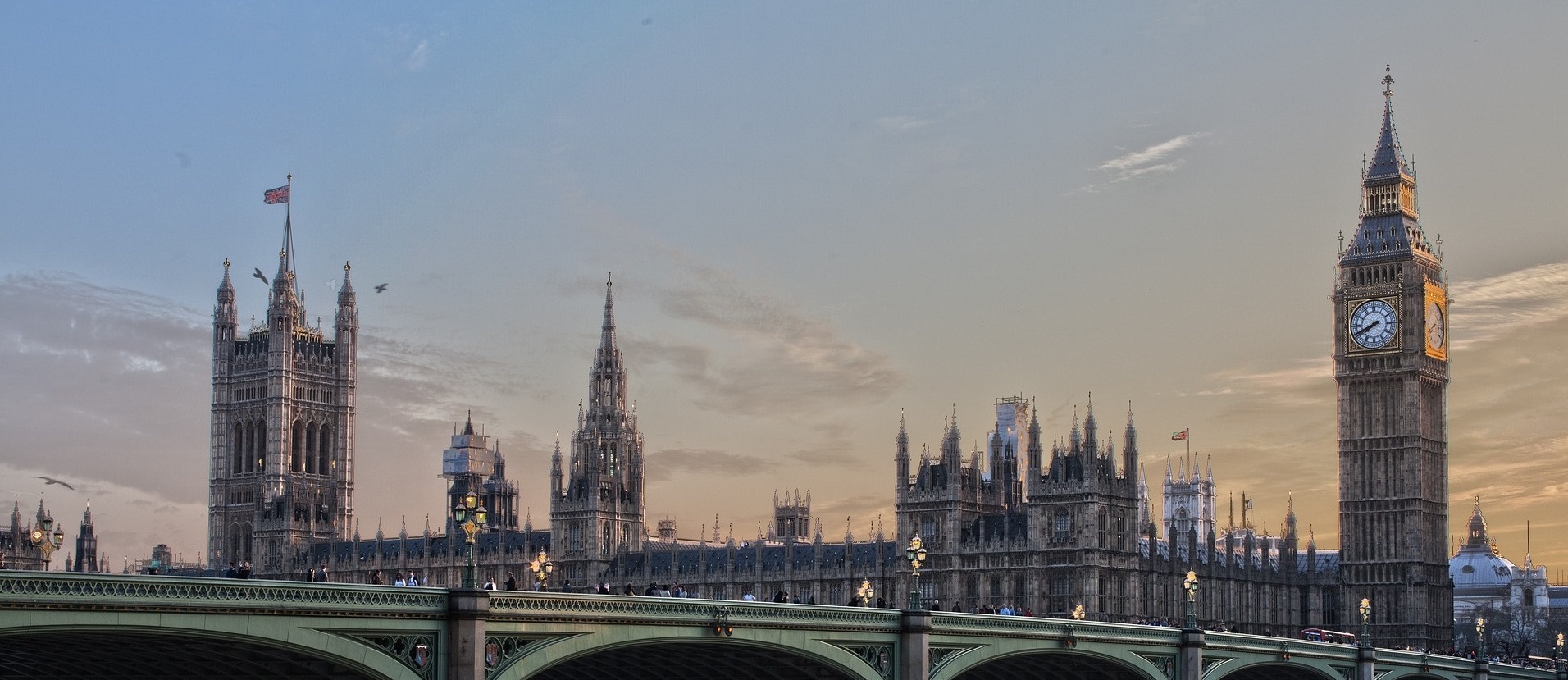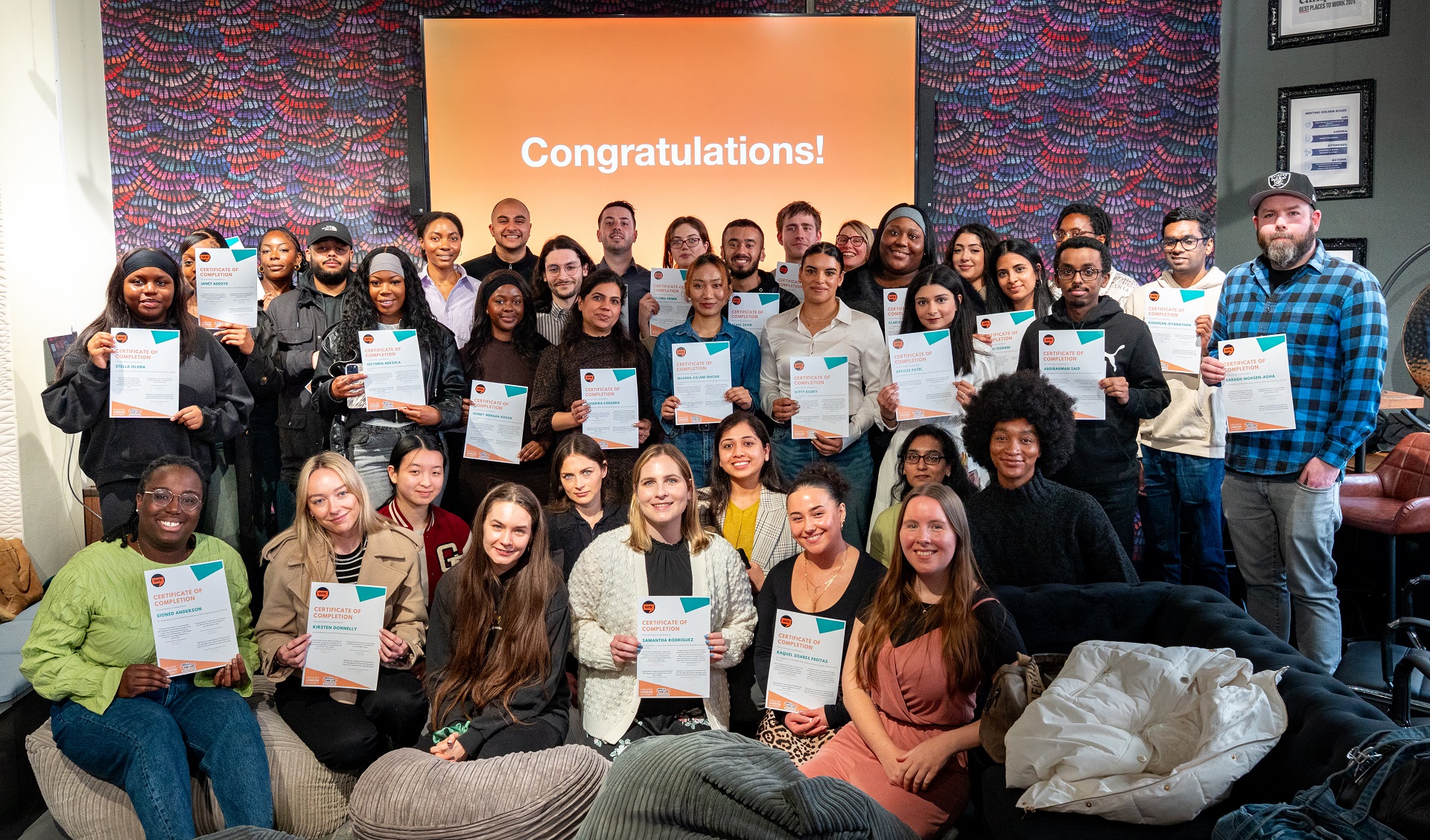News and views
What was in the King’s Speech for social enterprise?

Our new government put forward a long list of Bills in the King’s Speech, many of which hold significant potential value for progressing social enterprise – from corporate governance reform to green investment, workers rights to mental health support, and community ownership to skills development. Overall, it seems our political leaders have nearly grasped that mission-led business can be key part of the answer to many of the challenges we – and they – face, but still not yet fully realised our potential.
The proposed Employment Rights Bill helps align mainstream business with practices already common among social enterprises. Social enterprises are more likely than other businesses to pay the Real Living Wage, offer flexible working and include staff in decision-making. Whereas mainstream businesses have a knee-jerk opposition to improving rights, social enterprises focus on addressing barriers, such as limitations imposed by public sector contracts.
Proposed legislation to improve business behaviour and delivery for consumers on water [1], football, buses and rail offer an eclectic approach from nationalisation to sanctions. However, there is a common theme in focusing on purpose rather than profit across public services, utilities and community assets.
While greater transparency is welcome, the Bill needs to be more ambitious, pushing all businesses to behave well rather than just trying to stop the worst offenders from exploiting gaps. Proposed corporate governance legalisation, for instance, is a missed opportunity to join the dots between poor performance of public service provision and regulation.
It is also not yet clear how the government’s role in derisking private investment – as proposed across the National Wealth Fund, British Business Bank, UK Infrastructure Bank and more – will trickle down to SMEs and social enterprises, or how these huge funds will be owned and governed for the longer term.
On Great British Energy, plans are still a bit muddled. The King’s Speech specifically said the government will develop, own and operate assets – rather than making investments, which was previously proposed. Either way, we await the detail on opportunities for community energy and whether communities will be able to take forward projects on similar terms to local authorities.
Both the Product Safety and Metrology Bill and Digital Information and Smart Data Bill provide opportunities to ensure democratic and inclusive access to technology and data – as set out through the Future Economy Alliance’s work [2], which Social Enterprise UK has helped convene.
The English Devolution Bill offers potential to build on what we’ve already seen in the Devolved Nations and Mayoral Combined Authority areas, whereby strategic social enterprise support has been much stronger than in Westminster.
We await more clarity about which departments and ministers will take responsibility for social enterprise, and where the commitment to grow diverse business models – doubling coops and mutuals – will sit.
[1] Letter: Water crisis is a chance to reset business norms (archive.ph)
[2]https://static1.squarespace.com/static/64a584ea841fde6445ba3478/t/65e208500a24c92b7c7e764d/1709312083037/Business+Plan+for+Britain+full+report.pdf


